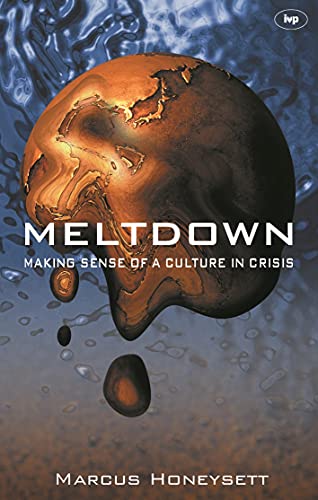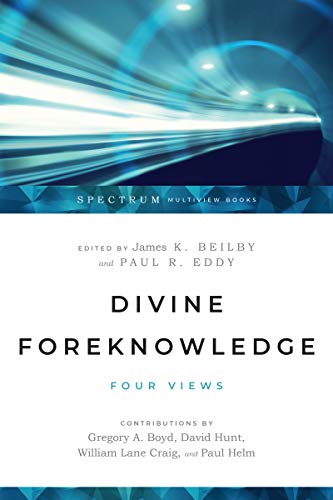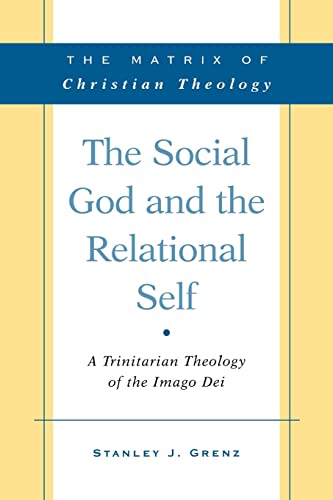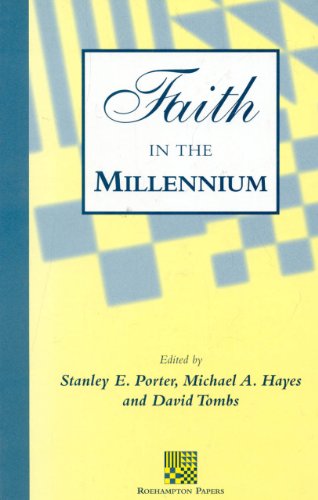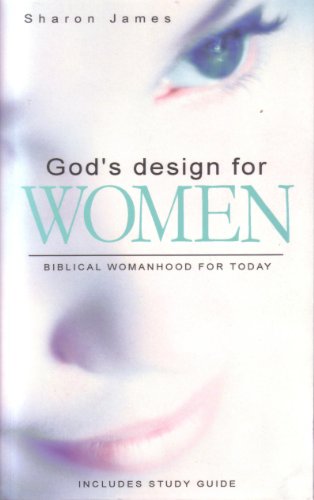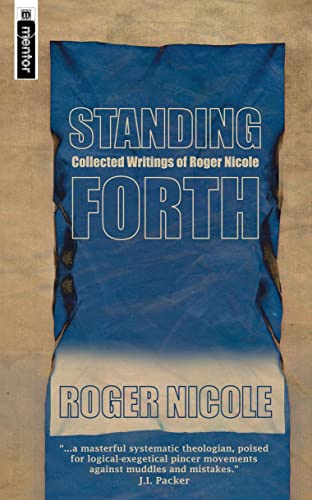MELTDOWN: MAKING SENSE OF A CULTURE IN CRISIS
Written by Marcus Honeysett Reviewed By Douglas GroothuisMr Honeysett, a UCCF Team Leader in London, has written an engaging and important primer on postmodernism. This is an extraordinary book for at least two reasons. First, the author’s assessment of postmodernism (the philosophy) and postmodernity (the set of contemporary cultural conditions in the West) is dead-on. Postmodernism is not the great liberation from modernist meta-narratives, but a truth-denying, authority-denying philosophy set against the truths authoritatively revealed in Scripture and in Jesus Christ. Postmodernity, instead of fruitfully opening people to all kinds of spirituality (Christianity included), discourages rational discourse, is hostile to Christian truth-claims, and encourages relativism and philosophical pluralism. Honeysett, unlike a raft of rather benighted evangelical authors, has not made his peace with postmodernism—and for this we should be grateful.
Second, Honeysett states his case in a popular but intellectually responsible and deeply challenging fashion. (He exhorts when needed.) This is no simple task when dealing with such daunting themes and authors. He winsomely incorporates case studies, humour, and cultural examples to make his case. There are also helpful study questions and a glossary. I know of no other book written at an introductory level that cuts to the heart of postmodernism better and charts a faithful, thoughtful, and passionate Christian response.
Part 1: ‘Specific Challenges, Specific Theories’ addresses postmodern theory by outlining and critiquing one essay by each of five representative postmodern thinkers. It devotes chapters to Michel Foucault (‘The Disappearance of Authority’), Jacques Derrida (‘Absolute Truth and Revelation are Unacceptable’), Walter Benjamin (‘How Do We Know What is Important?’), Judith Butler (‘What Does It Mean to Be a Person?’), and Jean Baudrillard (‘How Can We Know What is Real?’). Honeysett navigates the conceptual terrain deftly. He summarises difficult material without over-simplifying, analyses it logically (often exposing internal contradictions in postmodernist theory), and assesses it biblically. He shows a knack for discerning just where postmodern thought collides with Christian truth, why this matters, and what we should think about it. His treatment of Baudrillard (who is something like an updated French nihilistic version of Marshall McLuhan) is, to my knowledge, the only Christian critique of this important thinker, who challenges the very notion of objective reality in our media-saturated environment.
Part 2: ‘Challenging a Changing Culture’ assesses key aspects of postmodern culture. First, Honeysett investigates the postmodern ethos of the university culture—something he knows well—and shows how to respond to it with integrity and intellect. Second, in discussing ‘postmodern Bible reading’, he argues that too many Christians have swallowed a postmodernist rejection of all objective authority, which corrupts their understanding of the Bible as God’s objective and authoritative revelation. The answer is to return to Scripture as the ultimate source for truth, not as a subjective, self-help tool. Third, he notes that postmodern ideas have similarly undermined a biblical understanding of the church, which too often is viewed as more of a consumer item than as an institution founded by the divine Son of God for his glory. Fourth, Honeysett forthrightly attacks postmodern influence in culture as ‘immoral’, because it rejects God and fills the void with the autonomous self and its God-denying principles. Fifth, he observes that a leading engine of the postmodernist rejection of truth and authority is television, in both its nature and its content. Christians should, therefore, engage it critically and carefully and not be swept away with its unreality (as Baudrillard’s warns). Honeysett concludes this rousing and thoughtful primer by emphasising the need to proclaim the ‘authentic Jesus’ in a postmodern world of pluralism, syncretism, and outright hostility to the gospel.
Meltdown should be read and discussed by all Christian university students and campus ministers, as well as anyone who wants to make sense of our postmodern world and speak to it in the name of Christ.
Douglas Groothuis
Associate Professor of Philosophy at Denver Seminary


